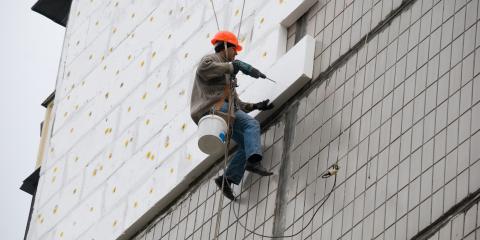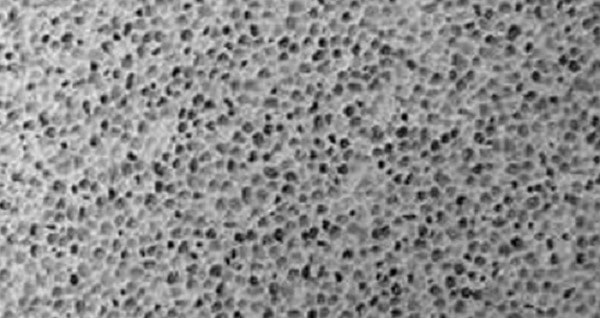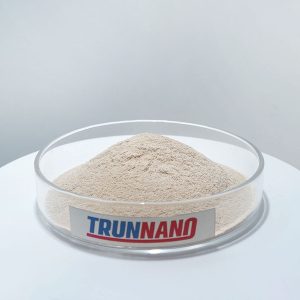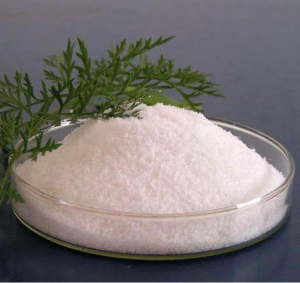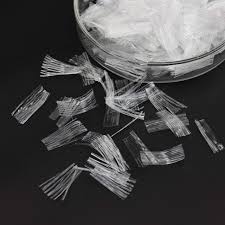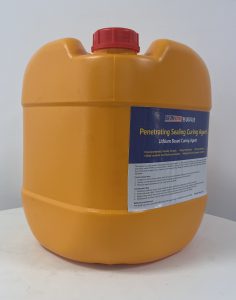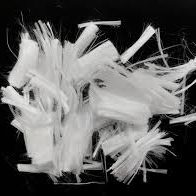Professional solutions on concrete addtives, Concrete Foaming Agent, Superplasticizer, CLC Blocks Additives, and foaming machine
(Does Adding PVA to Cement Make it Waterproof?)
Does Adding PVA to Cement Make it Waterproof?
PVA is an adhesive that is commonly added to cement slurry. It helps improve adhesion and provides waterproofing properties to cement mortar. Many master builders recommend adding polyvinyl acetate before mixing cement to improve its adhesion properties. However, you must choose a good quality adhesive for best results.
It is a primer
PVA is a type of glue, usually yellow in color, that is often used as a primer for cement. It is stronger than wood glue and is waterproof. Its versatility makes it useful for a variety of building applications. It can be mixed into the cement mortar before applying it to the surface to improve its waterproof properties. It can also be applied to the surface of cement mortar to improve adhesion.
The process that makes cement waterproof is called hydrolysis. Water binds with cement, causing the cement to raise in pH. The presence of acid in the cement can negate the reaction and prevent it from forming a good bond with water. Hydrolysis gives cement its strength and holds concrete products together. But, when PVA and cement come into contact, an acid is formed. This acid will weaken the bond between the two materials, and thus affect the strength and integrity of the cement and the surface to which it is applied.
It improves adhesion
PVA is used in the construction industry to improve adhesion between cement and plaster. This versatile agent can be used with a variety of building materials. It is also widely used to strengthen concrete and render it more flexible. The PVA can be used undiluted or diluted in water to achieve desired results.
Polyvinyl alcohol plays a crucial role in the dispersion of cement materials and is responsible for reducing the friction among particles. In addition to its adhesive properties, PVA can also be used as a primer and admixture in cement/sand mortar. Moreover, it can be used as a sealer on concrete and plaster surfaces.
It is a dust proofer
When PVA is added to cement, it creates a protective coating that prevents dust and grime from settling on the floor. The product is usually applied with a paintbrush or soft broom, and should be applied to clean concrete. After applying the dust proofer, allow the floor to dry completely, preferably overnight.
The fibers of PVA interact with cement and create a strong bond. It also reduces the steel load. A study found that samples kept in water for curing showed the strongest bond.
It is not toxic
Polyvinyl alcohol (PVA) is a water-soluble polymer widely used in different industries for its excellent mechanical properties. It is commonly used as a modifier, aggregate-surface pretreatment agent, fiber reinforcement, and in concrete. It is used in small amounts in cement-based materials as an additive. This ingredient can improve the strength, stiffness, and flexural properties of cement slurry, mortar, and concrete.
PVA is nontoxic when added to cement. Added in small amounts, it is nontoxic to humans. It may contain high concentrations of detergents that can harm if consumed or absorbed by the skin, so it is important to store PVA in a dry, well-ventilated area out of reach of children. PVA is also harmless to the environment, but it should be used with caution if you're worried about the impact on the environment.
Concrete additives Supplier
TRUNNANO is a reliable concrete additives supplier with over 12-year experience in nano-building energy conservation and nanotechnology development.
If you are looking for high-quality concrete additives, please feel free to contact us and send an inquiry. (sales@cabr-concrete.com)
We accept payment via Credit Card, T/T, West Union, and Paypal. TRUNNANO will ship the goods to customers overseas through FedEx, DHL, by air, or by sea.
(Does Adding PVA to Cement Make it Waterproof?)


